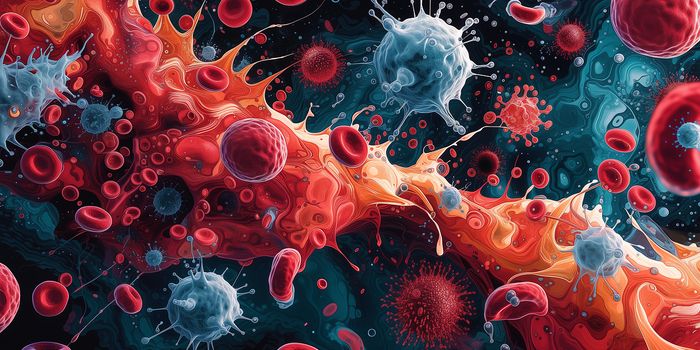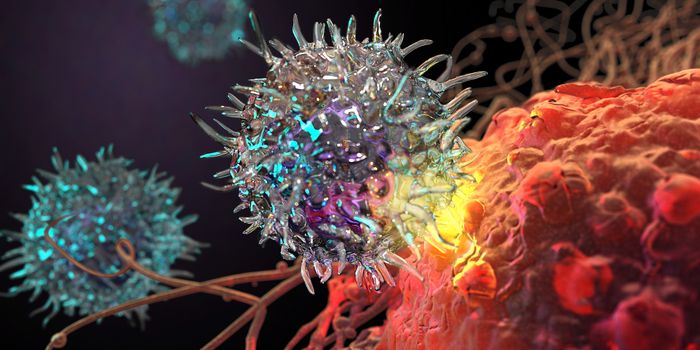Expectation vs. Reality for Cancer Patients in Trials
Cancer patients participating in clinical trials may have their expectations set too high, say researchers. In particular, patients were keen to see their tumor shrink and some even expected a complete cure. While these scenarios would be ideal for everyone involved, the reality often proves to be more challenging.
Clinical trials are the gold standard by which all drugs, devices, or treatments must meet before being marketed to the public. Through several rigorous phases, a treatment must be proven safe and efficacious in human participants.
For any treatment to get to clinical trial is already a big deal – it means that the treatment has passed through the burden of research and development in the lab and in animal trials. This process alone can take as long as decades. So when a treatment is ready to be tested in people, it means there’s much evidence to hope that the treatment will work in people too.
Indeed, cancer patients appear to be counting on the research to pay off for them, understandably. In a study with 396 cancer patients who were considering to enter a Phase I clinical trial, researchers found that a large percentage expected positive results from the treatment. Specifically, nearly 43 percent predicted the tumor would shrink even before consulting with clinicians. And after consultation, patients’ hopes only increased, as 47 percent predicted tumor shrinkage.
Of note, the clinical trial available to the participants was a Phase I trial, which is designed to screen for safety. Essentially, this important step determines whether a treatment is safe in people, and at what dose do the side effects occur. Typically, this phase of the study is restricted to a small number of patients for whom standard therapy has not worked. Response rate is usually between 4 and 20 percent, while the median survival time for the enrolled participants is 6 months.
Nevertheless, it must be said that positive expectations can be great weapons against cancer.
"There is a positive message in this, which is that 84 percent of patients are willing to participate in phase I oncology studies after a discussion with clinical and nursing staff who lay out the conservative estimates of benefit and requirements of hospital visits. This is good for current and future patients and cancer medicine in general," said Udai Banerji from the NHS Foundation Trust and The Institute of Cancer Research, who led the study.
"The high percentage of patients expecting their tumors to shrink was a sobering finding. This creates a challenge for healthcare professionals to manage expectations but to do so without being patronizing or dismissing human hope," Banerji added. It’s a fine balance between encouraging patients to fight their disease and also offering them the appropriate information to guide their decisions, and perhaps these results underscore the need to improve for both doctors and patients.
Additional sources: Wiley press release via MNT









